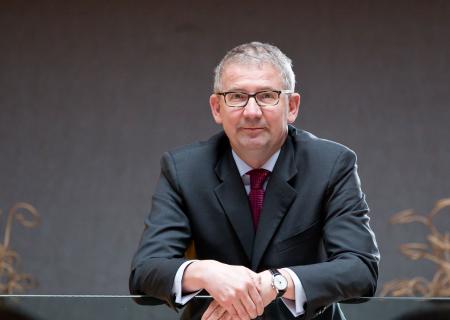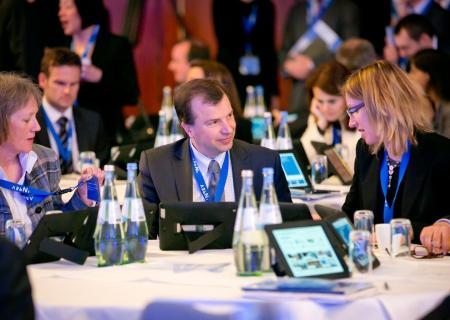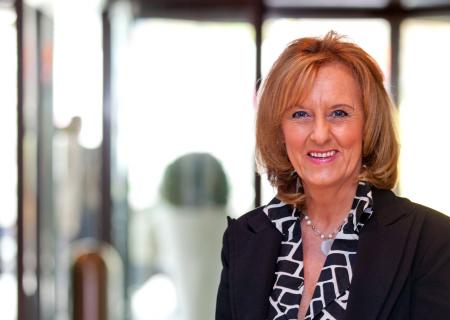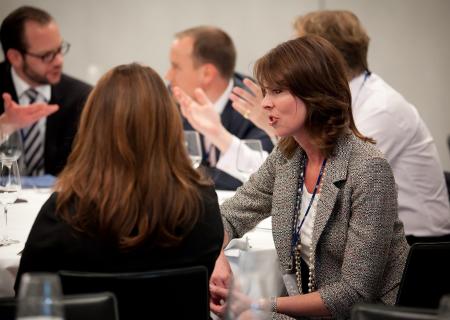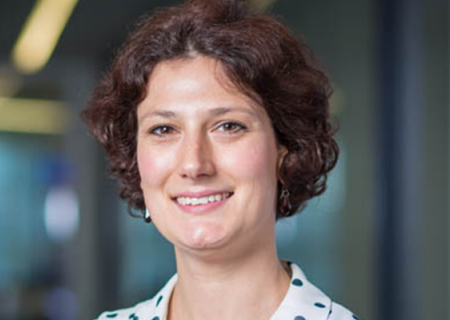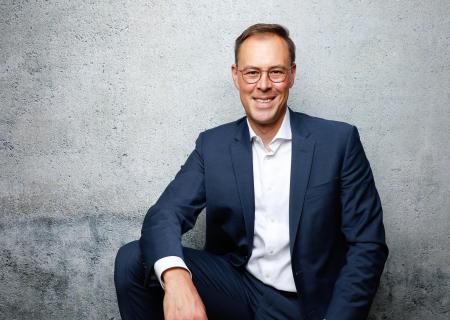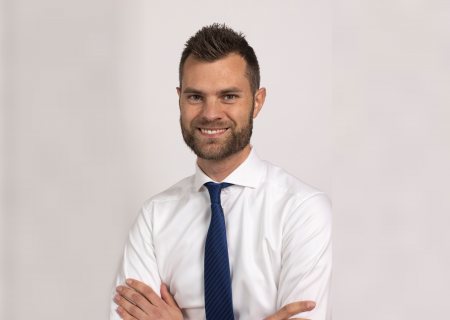Michael Bruhn
Director of PFA Real Estate
PFA Real Estate, the real estate arm of PFA - Denmark’s largest pensions provider - has been a member of INREV for a little under a year. IQ spoke to Michael Bruhn to get his first impressions of the organisation
“We have 6% of the PFA balance sheet, around €2.6bn, invested in real estate. Currently, 87% of this exposure is in Denmark. Our aim is to double our exposure to the asset class and that means we have to look outside Denmark to different markets.” This, explains Michael Bruhn, Director of PFA Real Estate, is one of the key reasons why INREV membership became important to PFA Real Estate.
He says INREV provides support through access to specific information and training. He cites the Due Diligence Questionnaire as an example of the sort of tangible tool that is of particular use in helping PFA Real Estate to meet its objectives. “The fact that we can turn to INREV for help and advice is extremely valuable. We can tap into the work the organisation has done monitoring the industry. Specifically, its understanding of important topics such as fee structures and the definitions work around key points such as gross yield and net asset value. The only way forward is to use standard benchmarks for measurement,” he says.
The only way forward is to use standard benchmarks for measurement.
Bruhn subscribes to the premise that moving beyond one’s own borders requires new and different knowledge. “Local players know their local patch. That’s the way it is. If say, a Spanish investor wants to come to Denmark then I’d know the market much better than they would. It’s the same if PFA is looking to invest in countries with which we are not familiar.”
INDIRECT ROUTE
With its sights set on investment outside Denmark, PFA is largely focused on the indirect route. But Bruhn explains how the firm considers carefully the various different investment mechanisms based on the relative appropriateness of each for the markets in which PFA Real Estate is operating. “The further we go from Copenhagen, the more discretionary we become. The closer we are to our home turf – in markets where we have better knowledge such as the UK, Germany or the Nordics – the more likely we are to consider alternative investment structures. We might look at a club deal in the UK, for example. Or in Denmark we’ve done something that’s a bit more creative, recently.
And creativity is important to us because it’s a way of staying ahead of the pack.”
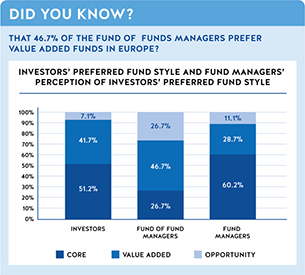
Bruhn does not share the majority investor view that there is a lack of available product, as expressed in INREV’s recent Investment Intentions Survey. “The non-listed real estate fund model is the most appropriate one for us at the moment. There’s plenty of low-hanging fruit before we need to consider looking for more niche products. If we already had 35% to 40% of our exposure in traditional funds, then maybe we’d need to think harder about the alternatives.”
However, he is entirely supportive of the idea that diversification is an important reason for investing in real estate. He explains that as PFA looks at every type of investment it would be strange not to consider real estate too. “We can’t afford to have all our eggs in one basket and real estate is an important way for us to diversify our overall investment risk,” he says.
The non-listed real estate fund model is the most appropriate for us. There’s plenty of low-hanging fruit before we need to consider more niche products.
PUBLIC AFFAIRS
Though he sees little threat from Brussels regulation, Bruhn is enthusiastic about the benefits of INREV’s Public Affairs programme. “They are representing the collective position of institutional investors, which carries more weight and means we don’t have to try and do this as individual companies.”
So far, Bruhn has had little opportunity to experience INREV’s big events first hand, though he has booked his place at this year’s Annual Conference in April. The investor-only events are especially appealing. “I’m looking forward to the opportunity of networking with my institutional investor peers from other countries such as Germany and the UK,” he says. His final word could hardly be more positive: “The quality of all the things INREV does – research, benchmarking, training – is very high. We welcome this.”


